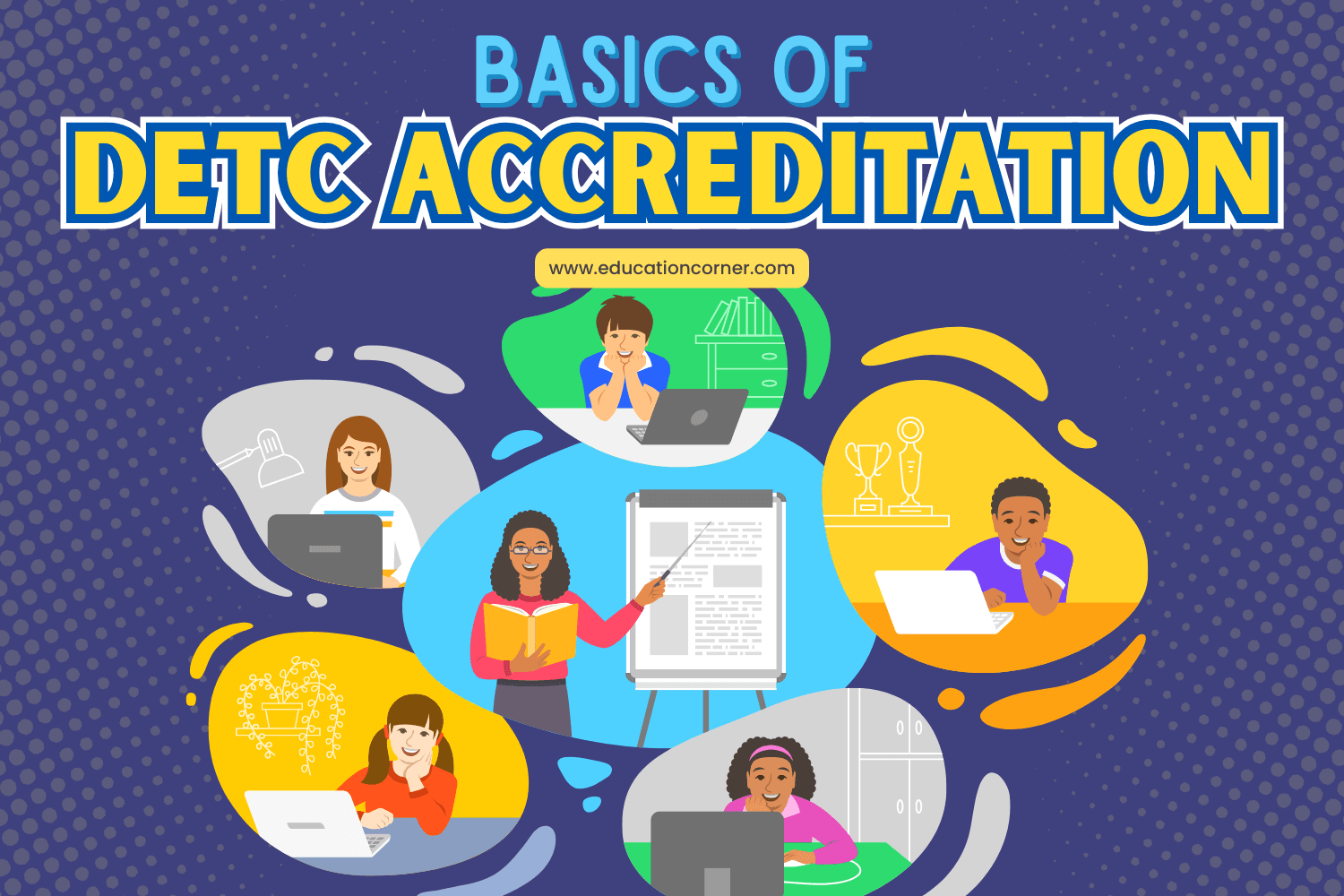In many cases, students do not need to be physically present at an institution in order to receive instruction. They may study online or via correspondence. This is called “Distance Learning,” and has become a popular option for many students throughout the nation.
Institutions who specialize in distance education are evaluated and accredited by the Distance Education and Training Council (DETC), which is based in Washington, D.C.
History
Established in 1926, the DETC was originally known as the National Home Study Council (NHSC). At that time, there were no universal quality standards for correspondence schools, and students could not rely on receiving a quality education from such an institution.
The NHSC was formed in response to this problem, and worked to ensure high standards of quality and ethics for correspondence schools across the country. Under the direction of John Noffsinger, the association established a list of minimum criteria by which correspondence schools could be evaluated.
This list was the Council’s first accreditation standard. In 1955, the NHSC formed an official Accrediting Commission which consisted of nine members. A few years later, the Council was officially recognized by the U.S. Department of Education (DOE) as a national accrediting agency.
The NHSC changed its name to the Distance Education and Training Council (DETC) in 1994, and is now recognized by both the DOE and the Council for Higher Education Accreditation (CHEA) as a national accreditor.
Accreditation
There are more than 100 distance education institutions accredited by the DETC, located in the United States as well as 7 other countries. These institutions include colleges and universities, military organizations, trade associations, for-profit companies, and non-profit institutions.
National accrediting agencies are not the same as regional accrediting agencies. The majority of schools in the U.S. (colleges and universities, high schools, k-12 schools) are accredited by a regional accreditor. Not all regionally accredited schools recognize the accreditation of nationally accredited schools, and not all regionally accredited schools accept transfer credits from nationally accredited schools.
Michael Lambert, CEO of the DETC, claims that 70% of graduates of DETC institutions are able to transfer their credits to regionally accredited schools. Lambert also claims that the majority of employers view DETC accreditation and regional accreditation on equal terms.
In 2000, the Council for Higher Education Accreditation (CHEA) encouraged all institutions to make careful decisions regarding transfer credits, and to avoid dismissing transfer credits based solely on the accreditation source of the sending institution. DETA, to improve the transfer process for students of nationally accredited institutions, established an online directory known as the Higher Education Transfer Alliance (HETA).
The institutions on this directory have agreed to consider transfer requests from nationally accredited institutions. The HETA directory provides links to each institution’s websites, so students and the public can be informed of the transfer policies for each institution.
Military Accreditation
Three divisions of the U.S. military–the Marine Corps Institute, the Army Institute for Professional Development (ATIC-SDL), and the Air Force’s Air University–are accredited as degree-granting institutions by the DETC.
DETC Imitator
An organization in Cyprus, Greece also operates under the name of “Distance Education and Training Council.” This organization is not at all affiliated with the DETC, and is in fact believed to be an accreditation mill. Its website was even found to contain plagiarized content from the New England Association of Schools and Colleges website.
To learn more about the DETC, its member institutions, or its accreditation standards and processes, visit the organization’s website at www.detc.org.
See also:
– Accreditation in Higher Education
Regional Accreditors:
– Middle States Commission on Higher Education (MSCHE)
– New England Association of Schools and Colleges Commission on Institutions of Higher Education (NEASC-CIHE)
– North Central Association of Colleges and Schools The Higher Learning Commission (NCA-HLC)
– Northwest Commission on Colleges & Universities (NWCCU)
– Western Association of Schools and Colleges (WASC)
– Southern Association of Colleges and Schools (SACS) Commission on Colleges
National Accreditors
– Distance Education and Training Council (DETC)
– Accrediting Council for Independent Colleges and Schools (ACICS)
– Accrediting Commission of Career Schools and Colleges (ACCSC)
– Accrediting Council for Continuing Education and Training (ACCET)
– Council on Occupational Education (COE)

